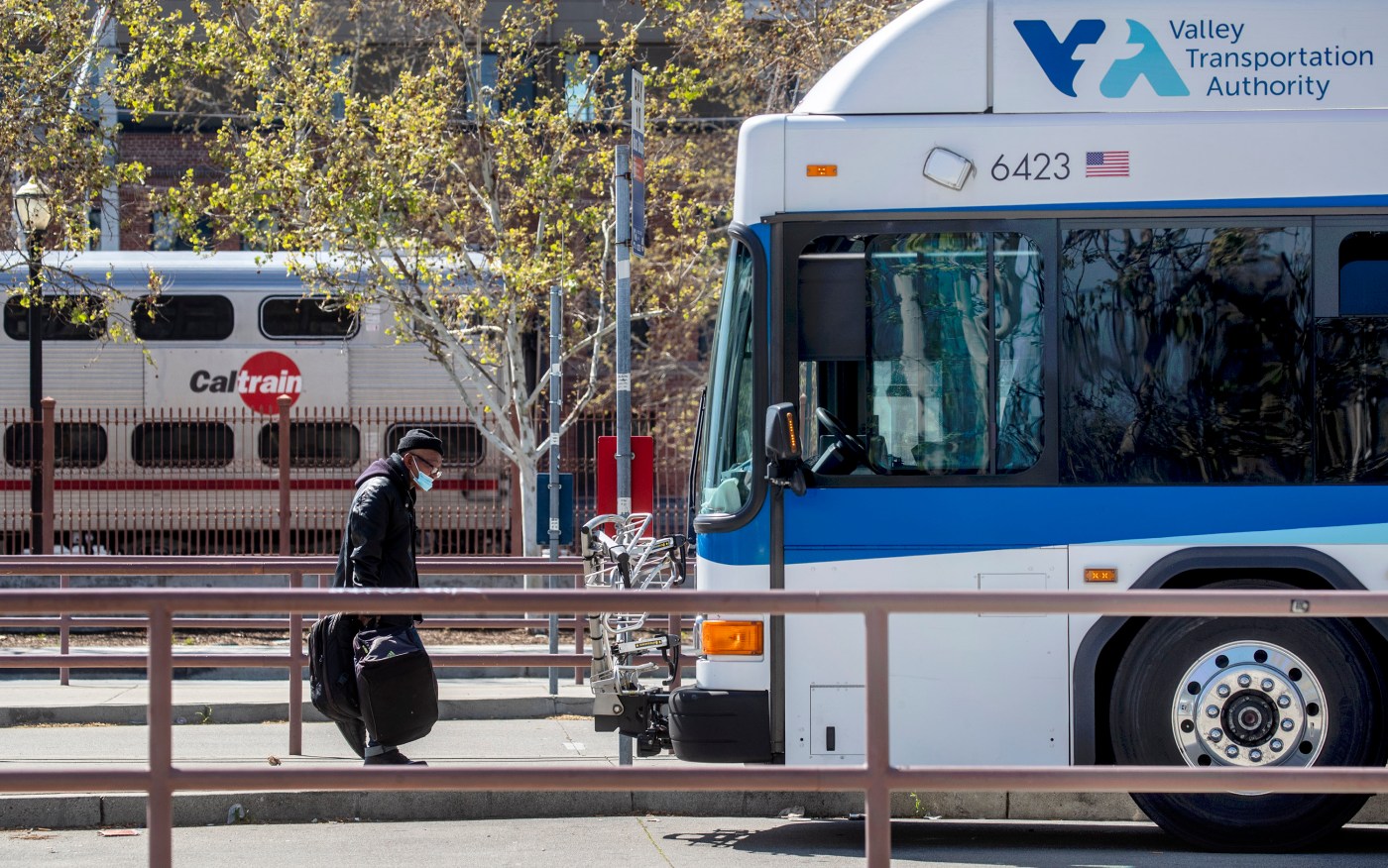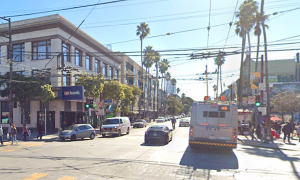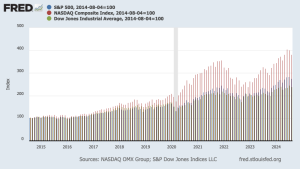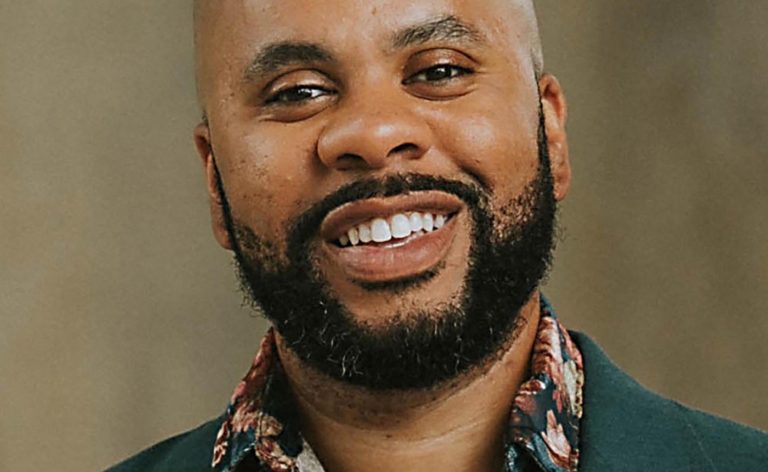A longtime Santa Clara Valley Transportation Authority (VTA) bus driver who claims his existing post-traumatic stress disorder was made worse by the mass shooting at a VTA rail yard four years ago is suing the transit agency after he was fired over unexcused absences.
Wayne Marsh, 41, of San Jose, worked as a VTA bus driver for 17 years but was terminated in July 2023 because VTA calculated the maximum of 36 unexcused absences in a year, according to the complaint filed in Santa Clara County last month. The lawsuit argues that VTA recorded his time away incorrectly.
VTA was served the lawsuit last Friday, but declined to comment on the pending litigation. The agency, which is spearheading the project to bring BART to San Jose, was recently named the Outstanding Public Transportation System among large transit agencies throughout North America by the American Public Transportation Association.
In an interview, Marsh, a father of three, said he lives with diagnosed PTSD due to childhood trauma, as well as anxiety, depression and irritable bowel syndrome, which required him to occasionally take time off work. VTA was aware of his conditions because he submitted yearly medical certification paperwork as required by the Family Medical Leave Act (FMLA), the lawsuit says.
But, according to the lawsuit, VTA consistently classified Marsh’s disability leaves incorrectly, resulting in the agency holding the leaves against him because they were not recorded as FMLA hours.
Marsh’s attorney, Navruz Avloni of Avloni Law in San Francisco, said that before firing him, the VTA did not allow for an open discussion to accommodate Marsh’s long-known disability.
“There was no interactive process. The law requires that the employer and the employee have a back-and-forth. There is no evidence that they did that at all,’’ Avloni said.
Marsh is suing for a year of lost wages and benefits and emotional harm.
The lawsuit says some of that emotional harm came in May 2021 when a disgruntled VTA employee shot and killed nine fellow employees at the Guadalupe rail yard in San Jose before taking his own life.
The shooter had set his own home on fire before going to the rail yard, and a few minutes into Marsh’s bus route, he was stopped by paramedics in front of the burning house and told traffic was blocked because of a mass shooting. Marsh called his supervisor seeking an alternative route, but in the chaotic aftermath of the shooting could not reach his boss, according to the suit.
For roughly 30 minutes, Marsh “sat in his bus parked in front of the shooter’s burning home, left to wonder if his friends and colleagues at VTA had survived,” the suit says.
Three months later, another VTA employee was arrested for making threats to “shoot up” his workplace and the following year, another colleague was fired for threatening a shooting, according to the lawsuit.
Related Articles
Survey: California drivers are the most confrontational, road rage common
Me & My Car: Rare 1928 Rolls-Royce Phantom I elegance that belongs in museum
Gas prices plummet in California over past three months
VTA announces billions of dollars in federal funding for BART to San Jose
Two Bay Area transit agencies win national transportation awards
Avloni said the turn of events exacerbated Marsh’s PTSD, depression and anxiety over time, requiring him to take time off work.
“When someone is suffering trauma and the trauma is re-triggered, it doesn’t go away,” said Avloni. “At the end of the day, he was not OK.”
For his part, Marsh said, “Every day is a struggle. Mental health is a difficult thing to work through.”
He said he also misses the job.
“I loved serving the community I worked for. I loved seeing people’s faces and the joy that it brought them. People were really appreciative when you showed up on time,” he said.
Before he was fired, Marsh said he was a hard worker who gave his all to the job and the community he served. Between 2020 and 2023, Marsh put in 226 hours of overtime because he was team-oriented and eager to fill in for colleagues during their absences, the suit says. In 2022, he was awarded $3,500 in “appreciation pay for his hard work and dedication to the job,” according to the lawsuit.












